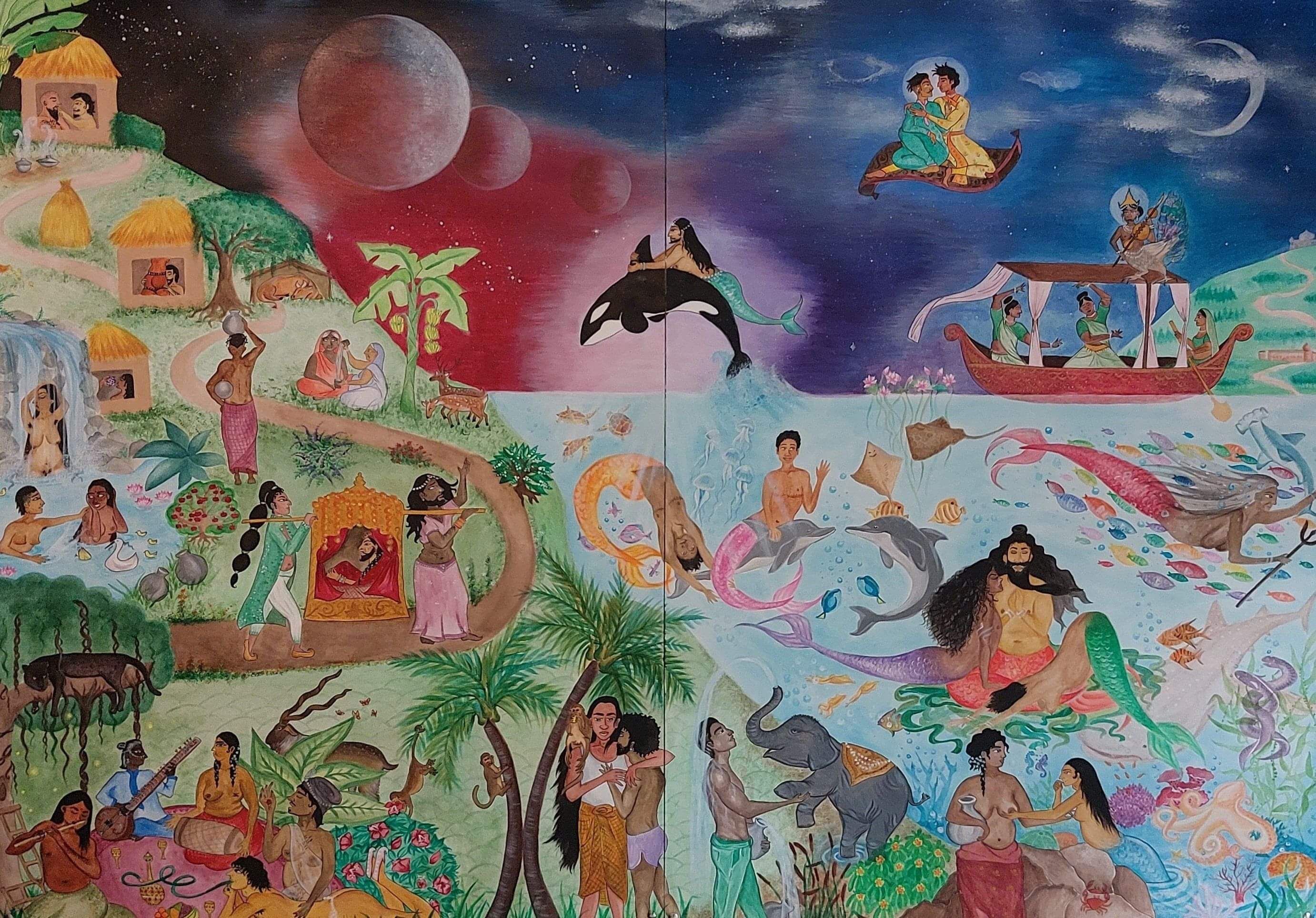Our Histories Are Queer
Our Histories Are Queer is a resource of queer and transgender South Asian histories. It is a resource that represents our best attempt at explaining something that we hope it affirms: that diverse sexuality and gender was (and is) a part of our cultures. They are not abnormal. They are not Eurocentric, white, and western concepts. They are reflected in our indigenous histories.
When we talk to our community, we often get told that they feel like outsiders: to their family, community, ethnicity, and culture. These thoughts are often reinforced by stereotypes of diverse sexualities and genders not being rooted in our culture. As Our Histories Are Queer shows, they are very much a part of our culture. They are a part of us.
Our South Asian queer and transgender histories and identifies have been built across generations. They are grounded in our indigenous histories, the histories of our people. These histories reach out to us, they compel us to not let others say that our diverse sexualities and genders are not in line with our cultures. They are.
Our queer and transgender ancestors smile at us. They are proud of us.
Our Histories Are Queer is an ode to our ancestors, us, and generations to come.
Our Histories Are Queer has been translated into Bengali, Hindi, Punjabi, Sinhala, Tamil, and Urdu. We intend to translate the resource into other South Asian languages once we get the resources to do so.
Use the buttons below to download the resource in each language.
Fellowship/ বন্ধু
We are grateful to our friend and comrade, Shomudro Das who has so skilfully created a beautiful art piece, Fellowship/ বন্ধু that brings queer and transgender South Asian histories to life.

In Shomudro’s own words:
"I made this piece with the intention to talk about the depth and beauty that exists in queer friendships. Bhondu/বন্ধু, friend. The fellowship, the intimacy, the warmth, and unconditional love that I have experienced in my queer friendships that eventually morphs into self-love, self-acceptance. I wanted to see a Bangali village scene, my ancestral home in Feni, scattered with my chosen whānau/poribar. This journey of accepting myself first as queer, then as a brown queer person, then as a brown trans queer person, has lacked the foundation of the cultural wealth I know exists just outside my grasp. So here it is, our past, and what could be our future. Being one with our animal friends, embracing our fantastical selves, doing away with gendered, patriarchal, colonial, and heteronormative ways of being.
If you look closely you will see: a Kinnara watching over the dancing ladies as their patron saint; a thakurma leading a school of fish; a queer reading of Alauddin; lesbian aunties having their chaa and gossip; platonic, romantic, and sexual lovers; palki bearers redefining tradition, gay friendship in various forms, music, and playfulness, and so many expressions of gender.
As a Bangali gender nonconforming trans person, I only had English to define myself. I look to my language, Bangla, which has no gendered pronouns but in which there is still no word to define who I am. Why define myself as 'non binary’, a definition that requires negation and a binary as the status quo, when I can embody an excess, and a voluptuousness of gender, that has no limits and can only be defined and understood within my own cultural landscape?
I made this piece with the intention to talk about queer friendships, but what became clear to me by the end was that healing comes from understanding oneself within the framework of what has come before. For me, that means recognising that I cannot separate my queerness or transness from my brownness, and even though there may not be a word in my language for who I am, people like me have always been here. Trans people are special, we transcend what was given to us, we are able to look past what we can see, and create something new and beautiful and real."


